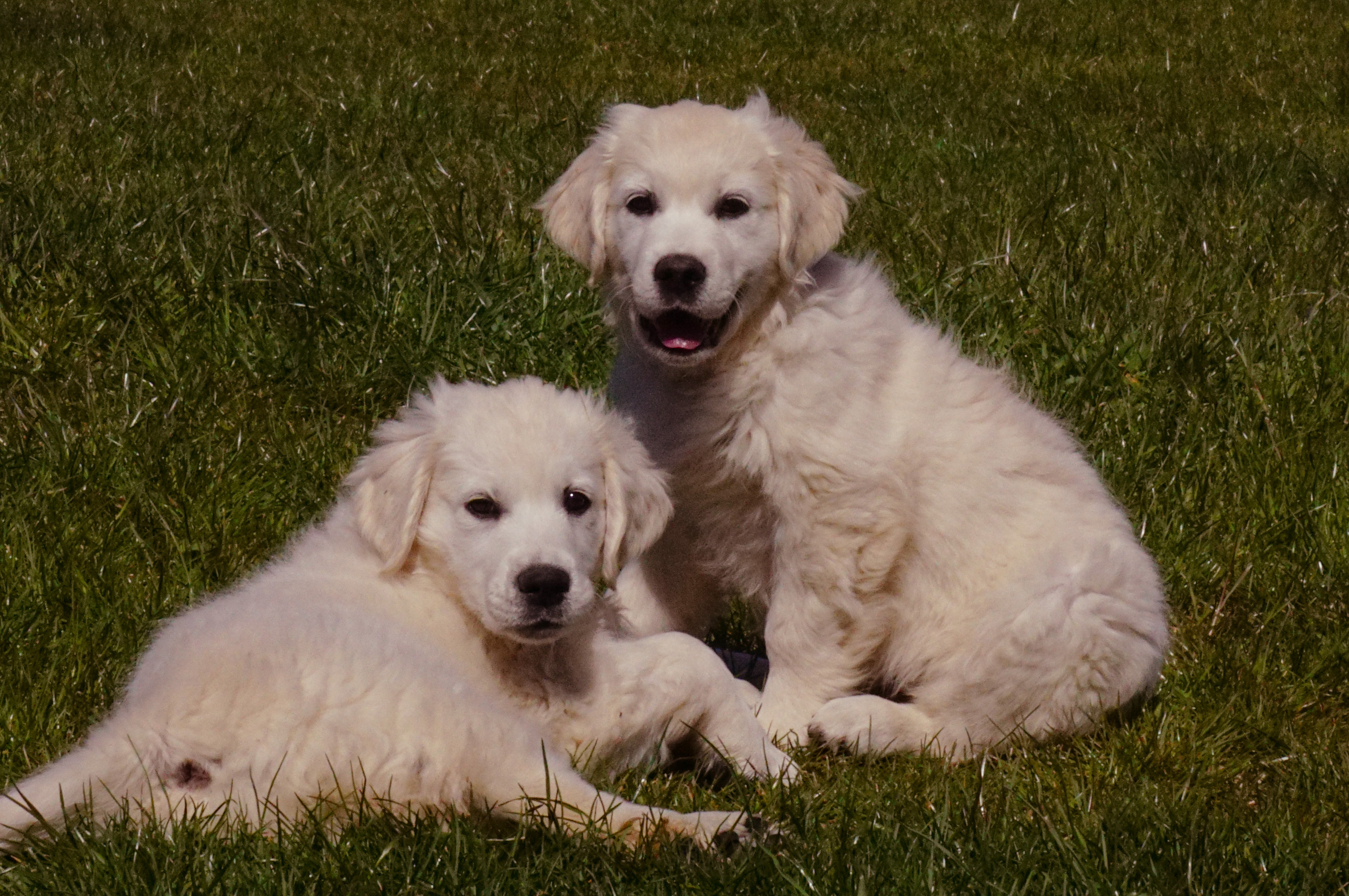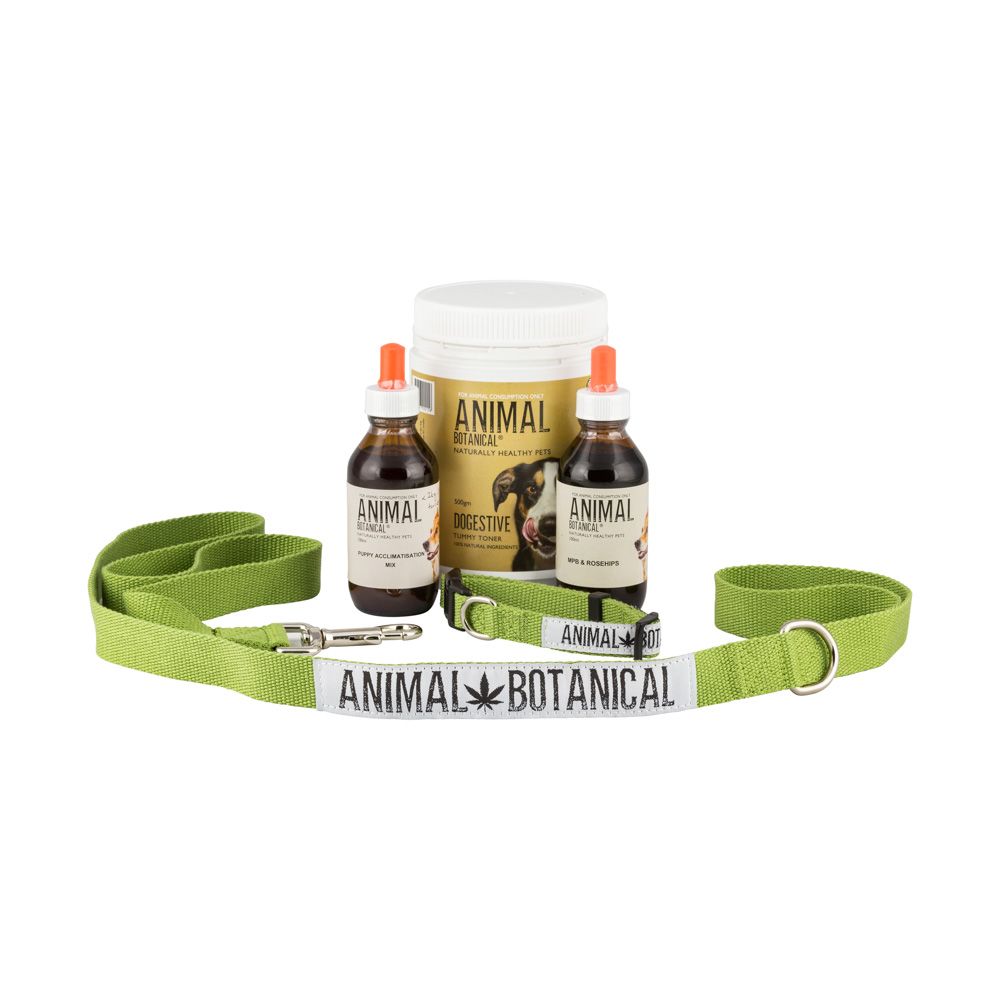Buying a new puppy can be such an exciting time in your life. It is also a life-changing decision and by choosing the right breeder, you can ensure that your journey to taking your puppy home and beyond is a supportive and fun journey...

With the increased popularity of dogs during covid, puppy farms have been in the media recently. They are a commercial dog breeding facility where the emphasis is on intensive, quick breeding cycles. They are known for poor conditions and inhumane treatment. Typically non pedigree dogs are overbred, health testing is rare and puppies are kept in less than ideal environments.
Signs a dog might be from a puppy mill
- They cannot show you the mother of the pups or the parents pedigrees.
- They won't let you see the kennel or where the puppies live.
- They can be breeding more than one type of dog (multiple breeds)
- They don't ask you to sign any contracts regarding the breeding of the dog
- They don’t thoroughly interview you to ensure you will provide a good home.
- They sometimes offer puppies that are too young to be taken from their mother. (Prior to 8 weeks)
- They cannot provide the required breed testing health records
- They do not hold membership with an ANKC body.
- They advertise on gumtree rather than sites like dogzonline which requires them to hold membership as a registered breeder.
- They seem to have multiple litters and do not offer pedigree papers for the puppies!
How to pick a good breeder
It is worth taking your time and doing careful research if you are planning on buying a puppy. You can start by reaching out to your local breed clubs, speaking to veterinarians and dog trainers in the area and visiting dog shows. Once you think you've found the right breed and breeder, there's several different things you can put on your list to tick off.
1. Passion for the breed
A good breeder is highly knowledgable about their breed of dog. They become very passionate when discussing their puppies and breeding plans with you. They are able to give clear information on who the parents are, where their bloodlines come from in their pedigrees and why they chose to breed from this particular pair. They will often not own the father of the puppies as they are using high quality males either imported from overseas or bred from frozen semen from a dog at great distance. This shows a willingness to invest in their breed as well as improve their bloodlines constantly. Passion should be at the forefront of any good breeding program.
If the breeder sounds disinterested in the litter or discussing their pedigrees with you or has a lack of knowledge about where their dogs came from, take that as a red flag.
2. Environment and Enrichment
Puppies should be raised in a loving and stimulated environment. Socialisation, Enrichment and Early Neurological Stimulation are musts in an excellent program. Good breeders are fascinated with the way puppies develop and grow. They should be implementing basic programs to help puppies tackle life after the litter with confidence and calmness. Early Neurological Stimulation benefits the pups later in life by improving their heart rates, response to stressors, improving health, helping them mature earlier. Socialisation programs introduce the puppies to challenges and allow them time to deal with their emotional responses to the stimulus.
This would look like crate training, barrier challenges, introducing them to water, other dogs in the house hold, teaching them to respond to a clicker, Manding (sitting for something they want), being handled and groomed, bathed and introducing them to new and scary objects and environments. At Whiskey River we deal with things like resource guarding, lead training and introducing puppies to the car. These are not musts, but they are lovely to have trained into your puppies early.
Enrichment and further socialisation should be started prior to the puppies leaving but you should be receiving information on how to continue this in your home. The puppies should always have a clean, fresh environment with plenty of opportunities to be in and around the household with the breeders family as they grow. Be mindful that good breeders are subject to a lot of scammers and sadly puppy thieves and often will not show you where the puppies are kept until you have committed a deposit and they feel comfortable that you are a true buyer.
3. Australian National Kennel Council
It's a good sign if breeders hold memberships and are active within their local breed club. It is even better if the dog owners show in conformation classes or compete with their dogs. If they aren't bringing their dogs out to be critiqued by other professionals and breed specialists, they aren't pushing for better or likely don’t have pedigree dogs.
4. Local breed clubs
It's a good sign if breeders hold memberships and are active within their local breed club. It is even better if the dog owners show to compete with their dogs because if they aren't bring their dogs out to be critiqued by other professionals and breed specialists, they aren't pushing for better.
5. Health testing
Good breeders meticulously health test their breeding dogs and know what these tests mean. They don't breed with dogs that have health issues. Simply saying they health test isn’t enough - they should be able to show you the required health tests in person and explain what they mean. It is not common practice to provide families who aren’t committed buyers with copies of these tests to keep. However, they should be able to produce them for you if you ask and run you through them. You can find out what genetic issues are common in your chosen breed and which tests are required to rule these out.
Check with your local breed club for a list of these. Scammers are a big reason for being protective over health testing paperwork. So as long as your breeder can discuss this info with you or even direct you to the website K9 data with their pedigree information and health scores listed there for you to double check that they have in fact done the adequate testing you are onto a winner.
6. Nutrition
By the time you collect your puppy it should be weaned and past its 8 week 'fear phase'. Puppies should be fed frequent, small meals - around three to four times a day - to replicate how they'd feed from their mother. If your puppy hasn't been started on raw food at his first home, the advice is to start introducing small amounts with whatever they were being fed. You can start to include half a raw egg, a tablespoon of raw mince, a very small amount of meaty bones. Or including a wonderful pre made, perfectly balanced raw food diet. It’s a fantastic idea to add in a good quality probiotic as puppies have very naive digestive systems and are prone to easily upset tummies when they eat new and different things.
They love Zyota probiotic with collagen for thier babies at Whiskey River. They also use the McDowells immune booster drops to help pups avoid things like puppy pyoderma, mild allergic reactions, utis and gunky eyes - all common things puppies can experience while their delicate immune systems begin to navigate the world around them.
Written with Tamara Shead from Whiskey River Retrievers


